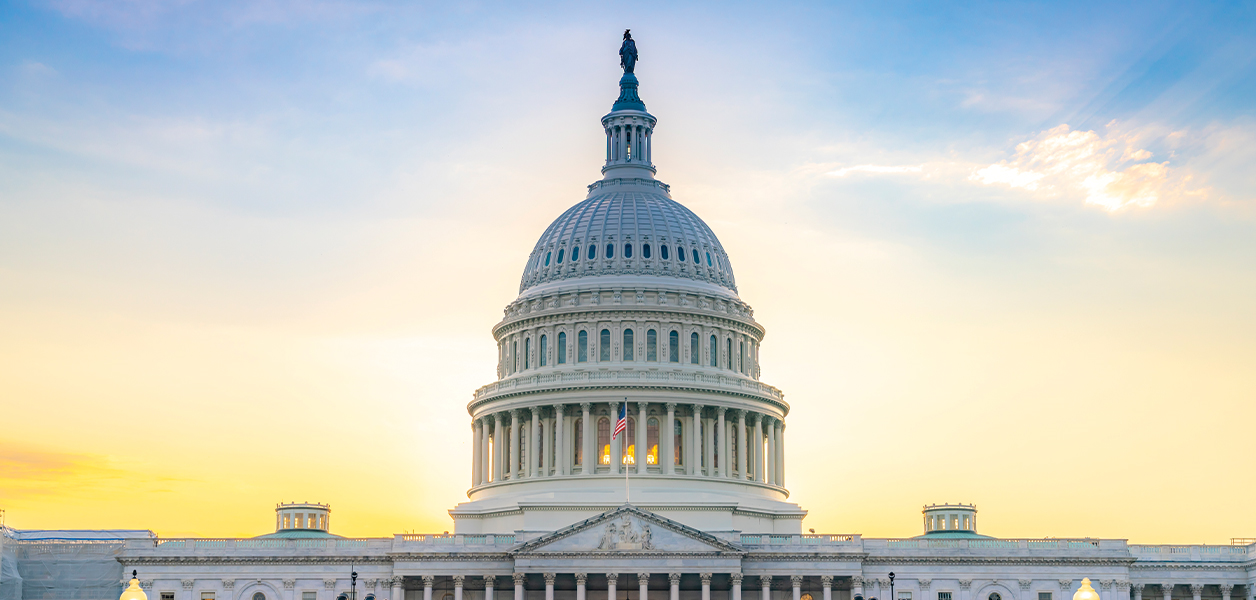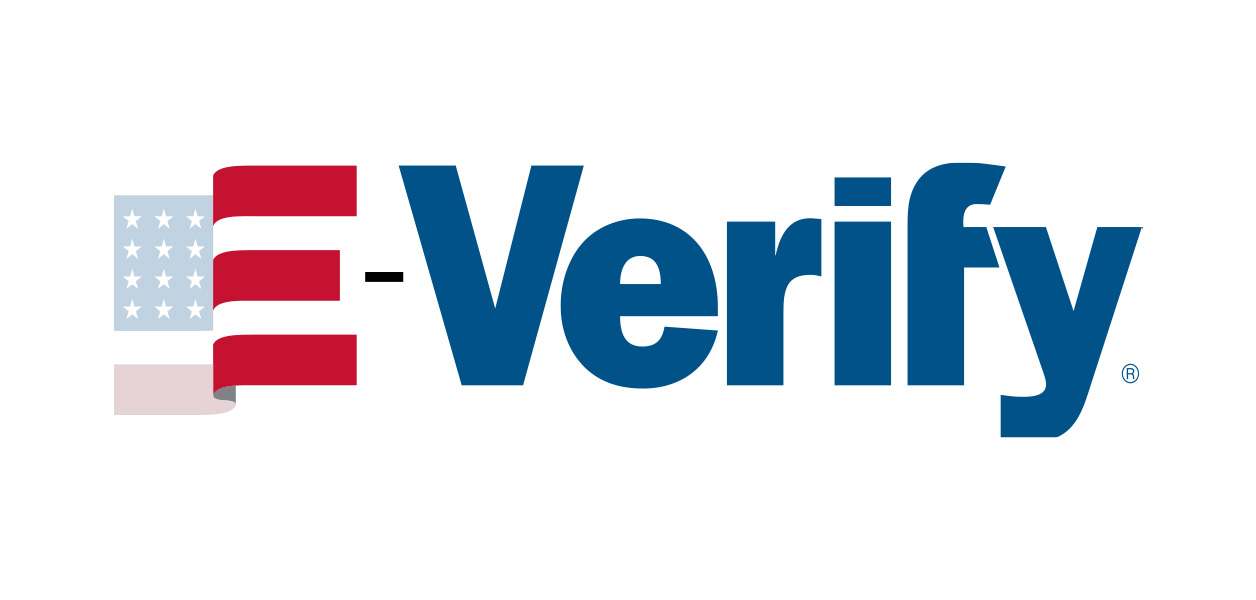Builders of qualified new energy-efficient homes may qualify for expanded tax credit
The Internal Revenue Service is working to raise awareness that eligible contractors who build or substantially reconstruct qualified new energy-efficient homes may qualify for a tax credit up to $5,000 per home. The actual amount of the credit depends on eligibility requirements, such as the type of home, the home’s energy efficiency and the date when someone buys or leases the home. This credit was expanded as part of the Inflation Reduction Act of 2022. For homes acquired in 2023 through 2032, the credit amount ranges from $500 to $5,000, depending on the standards met, which include: Energy Star program requirements, Zero Energy Ready Home program requirements and prevailing wage requirements. Eligible contractors must meet requirements under Internal Revenue Code Section 45L before claiming the credit. Guidance regarding Section 45L can be found in Notice 2008-35 (and Notice 2008-36 for manufactured homes). Use Form 8908, Energy Efficient Home Credit, to claim the Section 45L credit. If the source to claim the credit is from a partnership or S corporation, eligible contractors should use Form 3800, General Business Credit.
Department of Labor issues final rule regarding Davis-Bacon Act changes
The Department of Labor announced it will issue a final rule, “Updating the Davis-Bacon and Related Acts Regulation,” making the most comprehensive changes in decades to prevailing wage and other requirements for federally funded construction projects. The final rule will be published in the Federal Register Aug. 23 and will take effect Oct. 23.
The purpose of the Davis-Bacon and Related Acts is to ensure employers on federal construction projects pay local prevailing wages and benefits. The proposed rule was issued in 2022, and DOL hopes the new rule will make the process of updating prevailing wage rates easier by giving the department the authority to adopt prevailing wages determined by state and local governments and issue wage determinations for labor classifications where insufficient data was received through its wage survey process. It also changes the definition of prevailing wage to make it equivalent to the wage paid to at least 30% of workers—rather than the current 50% of workers—in each trade in a locality. Additionally, the rule adds an anti-retaliation provision in contract clauses, strengthens DOL’s ability to ensure employees can recover lost wages and implements other changes in the Davis-Bacon and Related Acts regulations. Critics have warned the final rule will increase costs and add regulatory burdens for small businesses, and it could face litigation.
DOL also announced it will hold free online compliance seminars Sept. 13 and 14 to educate interested stakeholders regarding the changes in the final rule and provide opportunities to ask questions.
Biden administration announces plan to maximize purchase of sustainable products
On Aug. 1, the Biden administration announced a procurement rule to maximize purchases of sustainable products and services as part of the President’s Investing in America Agenda. This rule hopes to “help achieve President Biden’s goal of net-zero emissions from Federal procurement by 2050 by modernizing existing sustainable purchasing standards to help ensure the world’s single largest purchaser prioritizes American-made sustainable products and services.” In particular, it directs agencies to follow the Environmental Protection Agency’s Recommendations of Specifications, Standards, and Ecolabels for Federal Purchasing, which provides recommendations of 34 purchase categories for the use of 40 standards and labels, including the EPA’s ENERGY STAR, Safer Choice and WaterSense programs. The EPA’s Federal Purchasing Recommendations contain thousands of American-made products and services that address energy or water efficiency, bio-based content, recycled content and ozone-safe substances. The proposed rule will be open for public comment for 60 days via Federal Register docket FAR-2022-0006 at www.regulations.gov.





